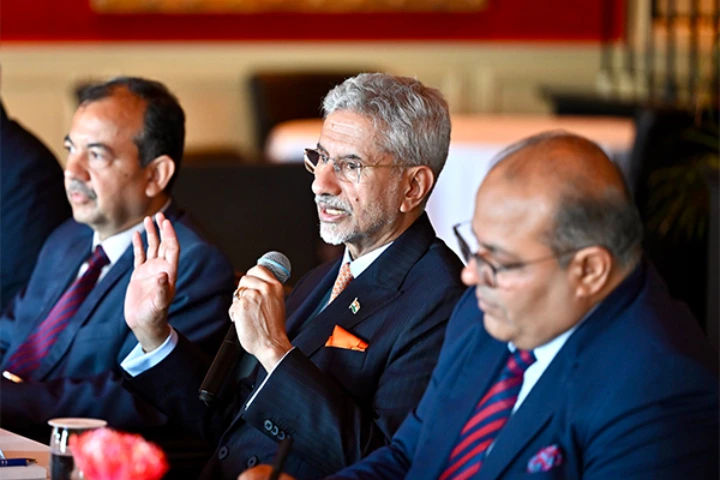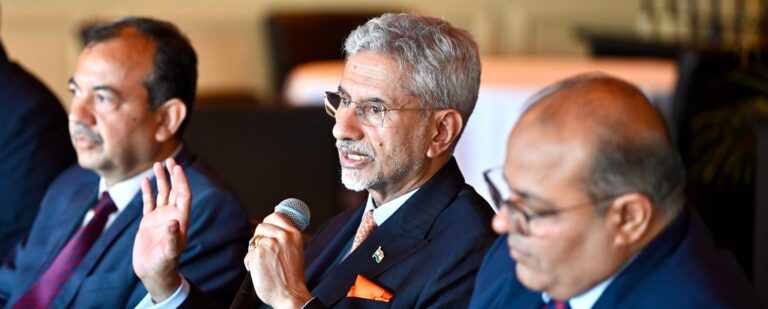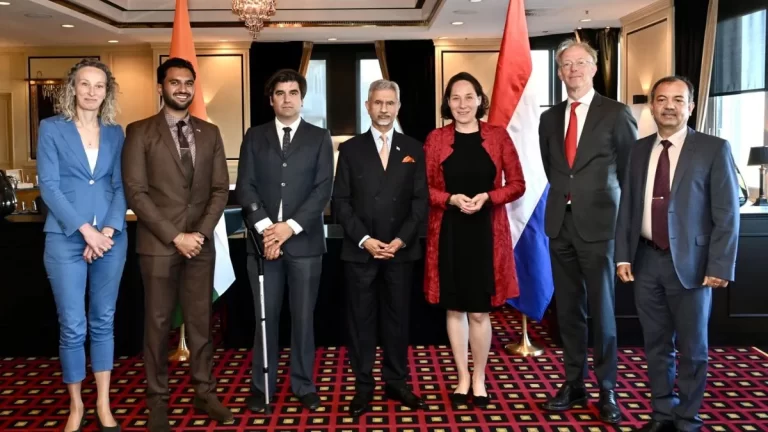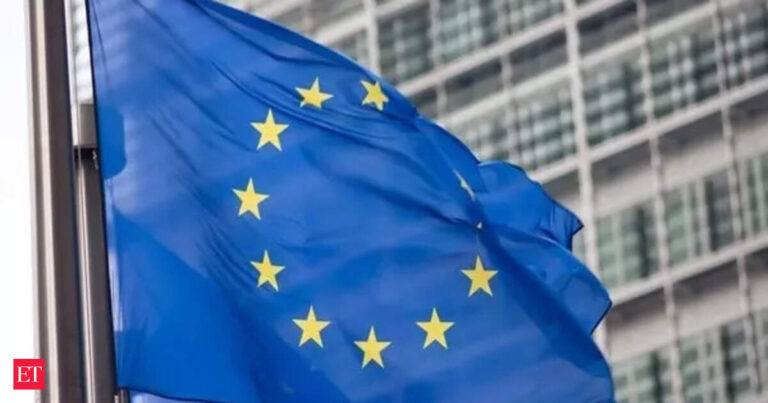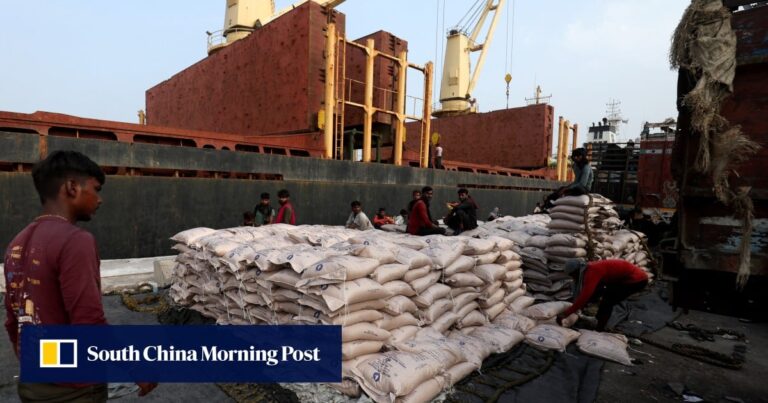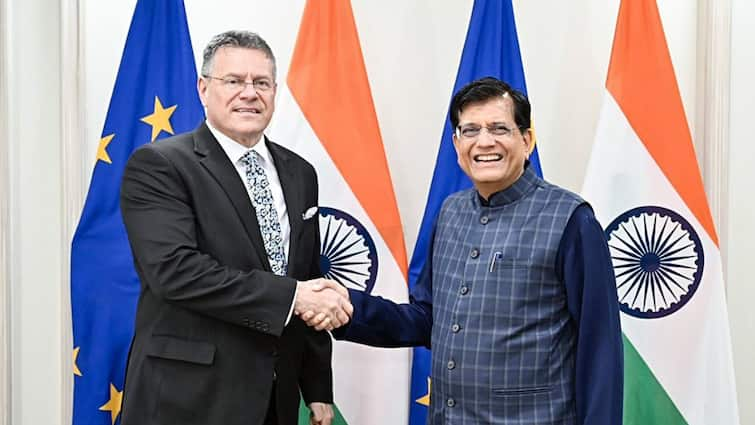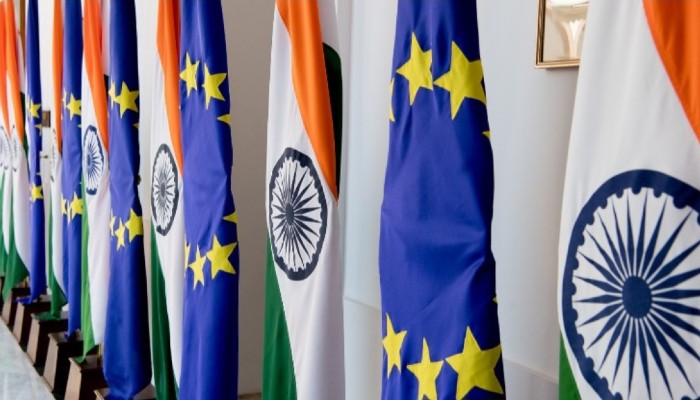
The dialogue began with both sides congratulating Indian and European voters for their active participation in the 2024 democratic processes, through the Indian general elections and the European elections. These elections, among the largest democratic exercises in the world, were celebrated as a testament to the political and electoral rights of their citizens.
Both delegations welcomed the opportunity for free and frank discussions within the framework of the dialogue and underlined their mutual commitment to the promotion and protection of all human rights. The talks focused on achievements, challenges and developments in human rights since the last dialogue held in July 2022.
Key themes discussed
India and the EU discussed a wide range of topics, including civil and political rights, social and economic rights, and freedom of expression online and offline. Specific areas of focus included gender equality, LGBTQI+ rights, children’s rights, women’s empowerment and the elimination of all forms of discrimination.
The two parties also discussed crucial issues such as freedom of religion and belief, combating religious hatred and ensuring freedom of assembly and association. In this context, they agreed on the importance of safeguarding the independence and diversity of civil society organizations and protecting journalists and other stakeholders.
On the issue of capital punishment, the EU reiterated its opposition, calling for its abolition, while India emphasized its recognition of the right to development as a universal and fundamental human right.
The dialogue also addressed contemporary concerns such as technology and human rights, migrant rights and the role of business in respecting human rights. Both sides recognized the need to cooperate on humanitarian assistance and disaster relief, in accordance with international humanitarian law.
Strengthening multilateral engagement
Both sides stressed the importance of strengthening national and international mechanisms for the protection and promotion of human rights. They highlighted the importance of strengthening collaboration in multilateral forums, particularly the UN General Assembly and the UN Human Rights Council (UNHRC).
To this end, India and the EU are committed to closer cooperation and regular exchanges between their permanent missions in Geneva. These efforts aim to identify opportunities for joint action on shared human rights priorities at the international level.
Commitment to democratic values
Reflecting on the dialogue, the two delegations reaffirmed their shared commitment to democracy, freedom and human dignity. “India and the EU reiterated their commitment to the common principles and values of democracy, freedom, the rule of law, and the promotion and protection of all human rights,” a statement said common press.
The dialogue served as a platform for mutual learning, where both sides presented their respective approaches and achievements in promoting human rights. It also helped address challenges and explore strategies to promote inclusive and equitable societies.
Looking forward, India and the EU have expressed their intention to continue these constructive discussions, with the next human rights dialogue scheduled for 2026.
The dialogue also comes within the context of broader strategic cooperation between India and the EU. The renewal of the EU-India Strategic Partnership roadmap, planned later in 2025, is expected to further strengthen bilateral relations in various sectors, including trade, climate change and security.
This engagement reflects the evolving nature of India-EU relations, which have grown to include discussions on pressing global challenges. Both sides recognized that their partnership had the potential to set a strong example in resolving complex issues, including human rights, through dialogue and cooperation.
The 11th India-EU Human Rights Dialogue reinforced the strong ties between the two partners, underscoring their shared commitment to democratic values and human rights. By addressing a broad range of issues and committing to closer cooperation, the dialogue paved the way for deeper engagement and joint action in the future.
As India and the EU navigate a world marked by geopolitical and social challenges, their collaboration in the promotion and protection of human rights remains the cornerstone of their partnership. This dialogue not only highlighted their mutual respect and common aspirations, but also highlighted their ability to work together to resolve global issues for a more inclusive and equitable world.
